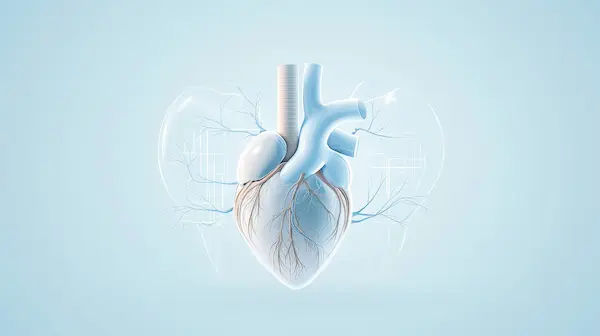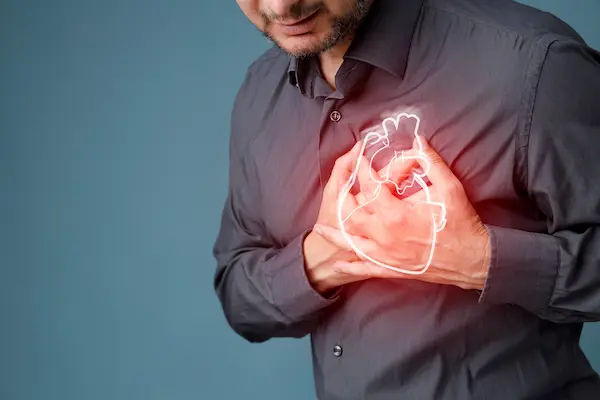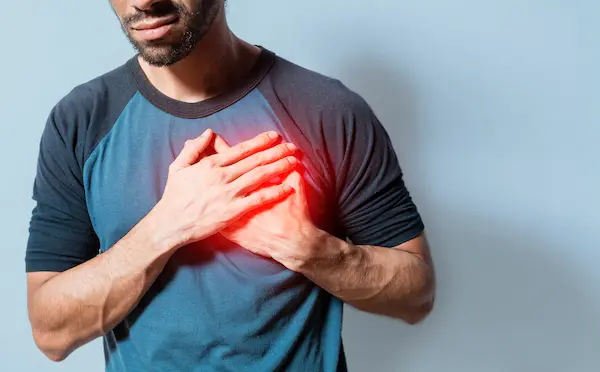- Female
- 28 Years
- 22/01/2025
I'm feeling worried because I've been having arm pain alongside chest pain. I've already had an EKG, some blood work, and an X-ray, and all the results were normal except the EKG, which showed some abnormalities. What might be causing this?
Answered by 1 Apollo Doctors
Given your symptoms of arm and chest pain, and abnormal EKG results despite normal blood work and X-ray, possible causes could include: musculoskeletal strain, costochondritis, pericarditis, or gastroesophageal reflux disease (GERD); however, the abnormal EKG result warrants further evaluation, so consider consulting a cardiologist to rule out underlying cardiac conditions, such as myocardial bridging, coronary artery spasms, or cardiac syndrome X.
Dr. Dr Khaleel Suggests...
Consult a Cardiologist
Answered 04/07/2025
0
0

More Cardiology Health Queries
View allI'm feeling some chest pain now and then when I breathe or move around. I just got over dengue, and I'm taking multivitamins right now. Can you help me understand what's going on?
gastritis acid reflux
Answered by 1 Apollo Doctors
I'm really worried because I'm experiencing this pressure in my chest along with some severe back pain. I also feel lightheaded, nauseous, and dizzy most of the time. Climbing stairs makes it worsemy heart races, and it's hard to catch my breath. What could be going on here? Should I be concerned?
do chest x ray
Answered by 1 Apollo Doctors
So my dad had CABG surgery on March 9, 2017, and everything seemed fine while he was in the hospital and ICU, even when we got home. But during a routine check-up on March 22, some of his meds were stopped. A couple of days later, he developed a fever around 99-100. We told our doctor, and he suggested blood and urine cultures. The urine culture came back positive with two bacteria, and one was really resistant to antibiotics. The surgeon prescribed Linospan 600 and Furadantin 200, twice and thrice daily, but the fever didn't go away. Another culture at the hospital showed negative for infection in his urine, yet his fever continued around 99-99.5. After a week, another urine culture was still negative. We tried stopping his Combiflame, and the fever went away for a couple of days, but then it returned, and we had to start Combiflame again. Why is his fever persisting despite all these medications and negative test results? Could it be something other than an infection, or are we missing something important? Any advice on what we should do next?
It seems like your dad is experiencing recurrent fever despite antibiotic treatment for a positive urine culture. Since the urine culture has come back negative on subsequent tests, it is important to consider other possible causes for the fever. One common cause could be a post-operative infection related to the CABG surgery. In such cases, broad-spectrum antibiotics may be needed. I would recommend discussing with your doctor about the possibility of adding a different antibiotic to cover for other potential infections. In the meantime, to help manage the fever, you can continue giving Combiflam as prescribed by your doctor. Additionally, make sure your dad stays well-hydrated and gets plenty of rest. If the fever persists or worsens, further evaluation may be needed to determine the underlying cause.
Answered by 1 Apollo Doctors
Disclaimer: Answers on Apollo 247 are not intended to replace your doctor advice. Always seek help of a professional doctor in case of an medical emergency or ailment.




